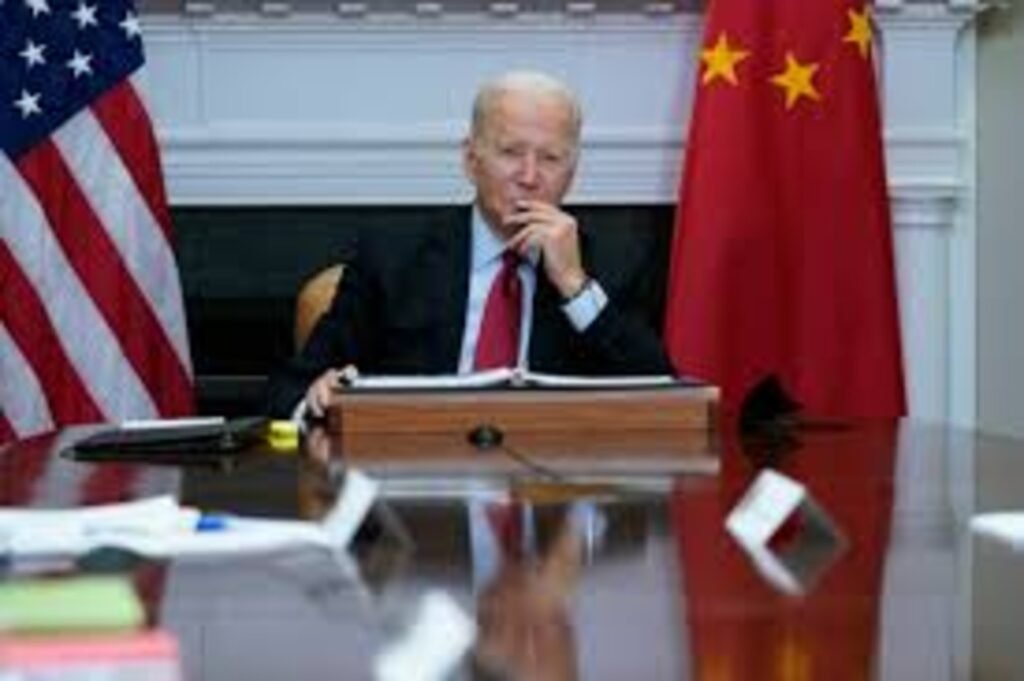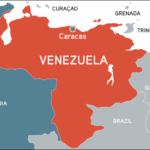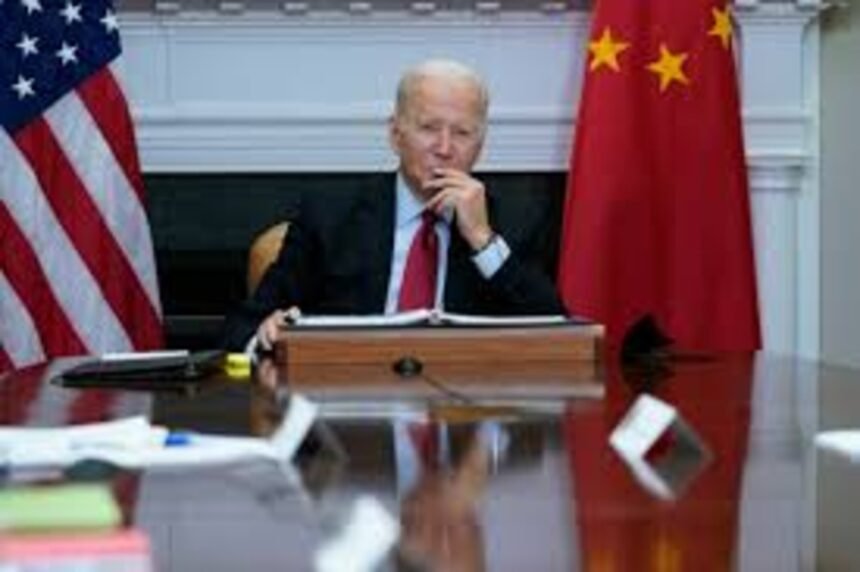August 11, 2023
Introduction
In a recent political fundraiser in Utah, U.S. President Joe Biden voiced his concerns over China’s economic challenges, referring to the nation as a “ticking time bomb” due to its ongoing economic struggles and weak growth. These remarks come at a time when tensions between the two nations have been heightened.

During the fundraiser, President Biden highlighted the potential consequences of China’s economic difficulties, stating, “They have got some problems. That’s not good because when bad folks have problems, they do bad things.” While emphasizing his intention to maintain a rational relationship with China, he also expressed a desire to address the escalating issues the nation is facing.
This isn’t the first time President Biden’s comments have raised eyebrows regarding China. In June, during another fundraiser, he referred to President Xi Jinping as a “dictator,” leading to strong reactions from Chinese officials who labeled the remarks as provocative. This incident took place shortly after U.S. Secretary of State Antony Blinken’s visit to China, which aimed to stabilize relations between the two countries that had reached a historic low.
Chinese economic Challenges highlighted
China’s economic challenges have been highlighted by recent developments. The consumer sector in the country has experienced deflation, while factory-gate prices have continued to decline through July. These economic trends raise concerns that China might be entering a period of slower economic growth, characterized by stagnant consumer prices and wages—a stark contrast to inflation trends observed elsewhere in the world.
President Biden’s candid remarks on China’s economic woes have been accompanied by concrete actions. On Wednesday, he signed an executive order aimed at limiting certain U.S. investments in China, particularly in sensitive technologies such as computer chips. This move signifies the United States’ growing concerns about China’s technological advancements and economic influence on the global stage.
China, possessing the world’s second-largest economy, reacted swiftly to the executive order. The nation expressed its grave concerns about the order and reserved the right to respond with appropriate measures. The implications of this executive order unfolded we still have to wait for the consequences.
Conclusion
While President Biden’s remarks and actions reflect his desire for a rational and balanced relationship with China, the underlying economic challenges faced by China add complexity to the diplomatic and economic landscape. As both nations navigate these uncharted waters, the global community watches closely to see how these dynamics will unfold in the coming months.











